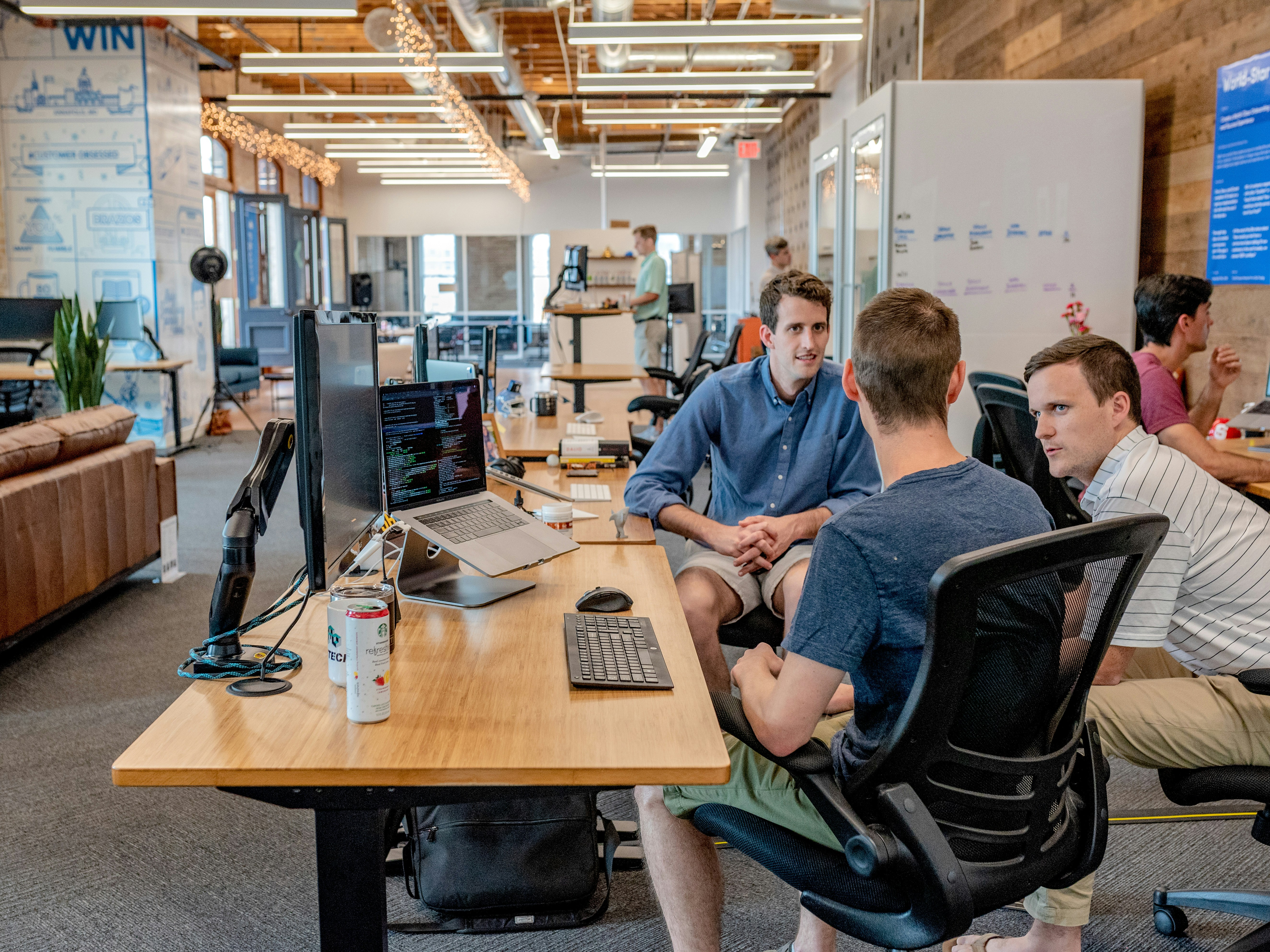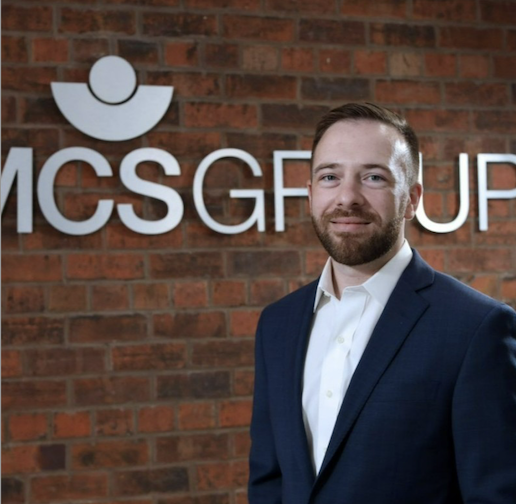The Return-to-Office Debate: Do CEOs Have a Valid Point?
19 Feb, 20255 minutes
If you’ve been paying attention to the ongoing debate about the return-to-office (RTO) and hybrid work models, you’ve likely heard about Jamie Dimon’s recent comments. The CEO of JPMorgan Chase made waves when he stated that employees who aren’t on board with the company’s full-time RTO mandate should consider seeking work elsewhere. Jamie argues that remote work has hurt productivity in virtual meetings and that some employees have taken advantage of the flexibility.
Regardless of where you stand on the issue, Jamie’s bold stance raises critical questions about how rigid RTO policies can impact your employer brand, retention efforts, and your ability to attract top talent in this post-pandemic world.
The Real Costs of a Strict Return-to-Office Policy

Whether your company is fully committed to returning to the office, offering hybrid flexibility, or allowing remote work, one thing is certain, how you structure your work environment can directly impact your ability to attract and retain the best talent.
Here’s why:
1. Higher Risk of Losing Top Talent
Companies that are enforcing rigid in-office mandates are seeing a turnover increase, especially among high performers, women and caregivers, and younger generations like Millennials and Gen Z. For many of these employees, flexibility is no longer just a “nice-to-have” benefit; it’s an absolute requirement.
This isn’t just hearsay, recent research from Gartner shows that strict RTO policies are directly linked to declines in employee retention. In fact, companies with such policies report an 8% lower intent to stay, and a staggering 16% decline among high-performing employees. While some businesses still argue that in-office mandates foster better collaboration and focus, they may be overlooking the hidden costs of lost talent and morale.
2. Struggles in Attracting Fresh Talent
It’s not just about holding on to your current team. Your RTO policy also plays a huge role in attracting new talent. As the job market evolves, candidates especially those with in-demand skills, are expecting more flexibility. Companies that are unwilling to adapt, risk facing serious challenges, including:
• Difficulty filling critical roles, especially in competitive fields
• Struggles to compete with employers offering hybrid or remote options
• A weakened employer brand in a market that increasingly values flexibility
Think Strategy Before You Act

If your company has taken a hard stance on RTO, hybrid work, or full remote, now is the time to take a step back and assess your talent strategy. The key isn’t just about enforcing your policies; it’s about aligning those policies with your broader talent and employer branding strategy.
Ask yourself these questions as you refine your approach:
- How are you positioning your employer brand in the current market?
- Are you in tune with what today’s talent really values in an employer?
- Do you have a recruitment strategy designed to attract professionals who thrive within your work model?
Whether you’re fully committed to in-office work or embracing more flexibility, your recruitment and talent strategy must evolve alongside your company culture. The workforce has changed, and your business must adapt or risk falling behind in an increasingly competitive talent market.
Partner with a Specialist
At MCS Group, we understand that the post-pandemic world is one of constant change, especially in the tech industry. As your company navigates this evolving landscape, we work alongside you to develop and communicate a recruitment strategy that resonates with today’s professionals while staying true to your employer brand. Need insights on hiring trends, employer branding, and talent attraction? Let’s have a conversation about how we can help you build a recruitment strategy that connects with the talent you want to attract no matter where you stand on the RTO debate. Reach out to Ryan Quinn, Vice President at MCS Group at r.quinn@mcsgroup.jobs or call (617) 861-4435 to discuss how we can help you create a future-ready recruitment plan.


